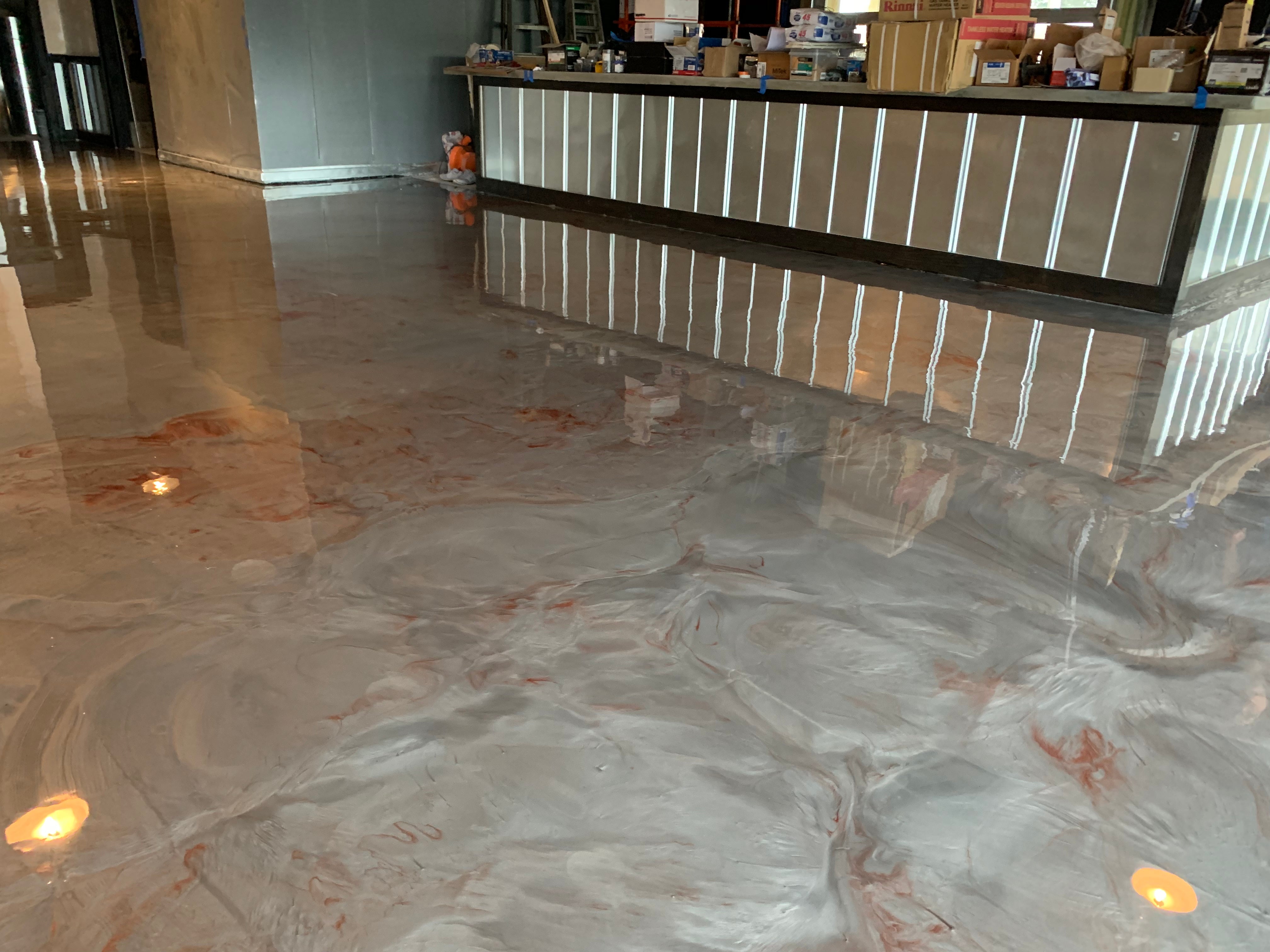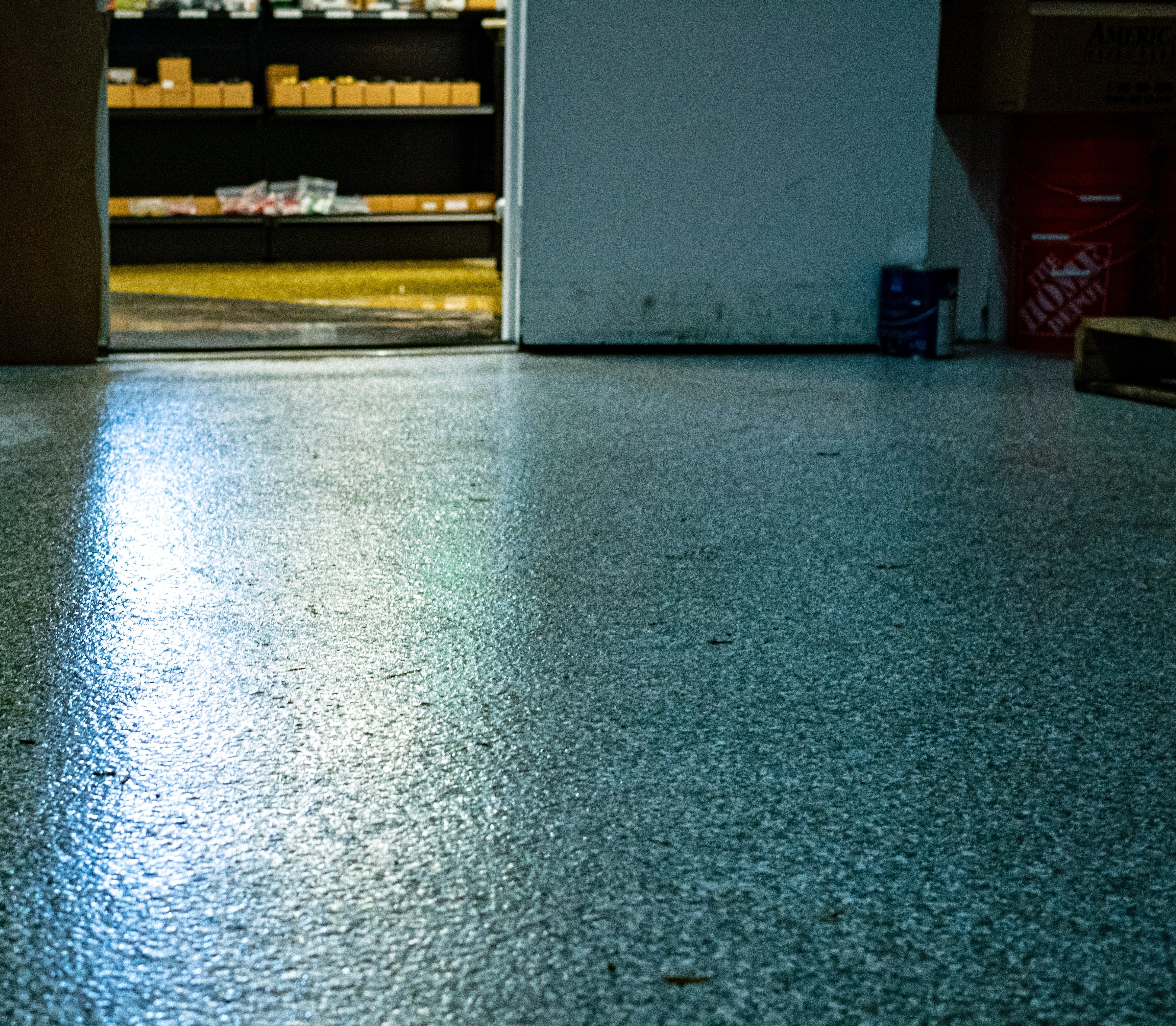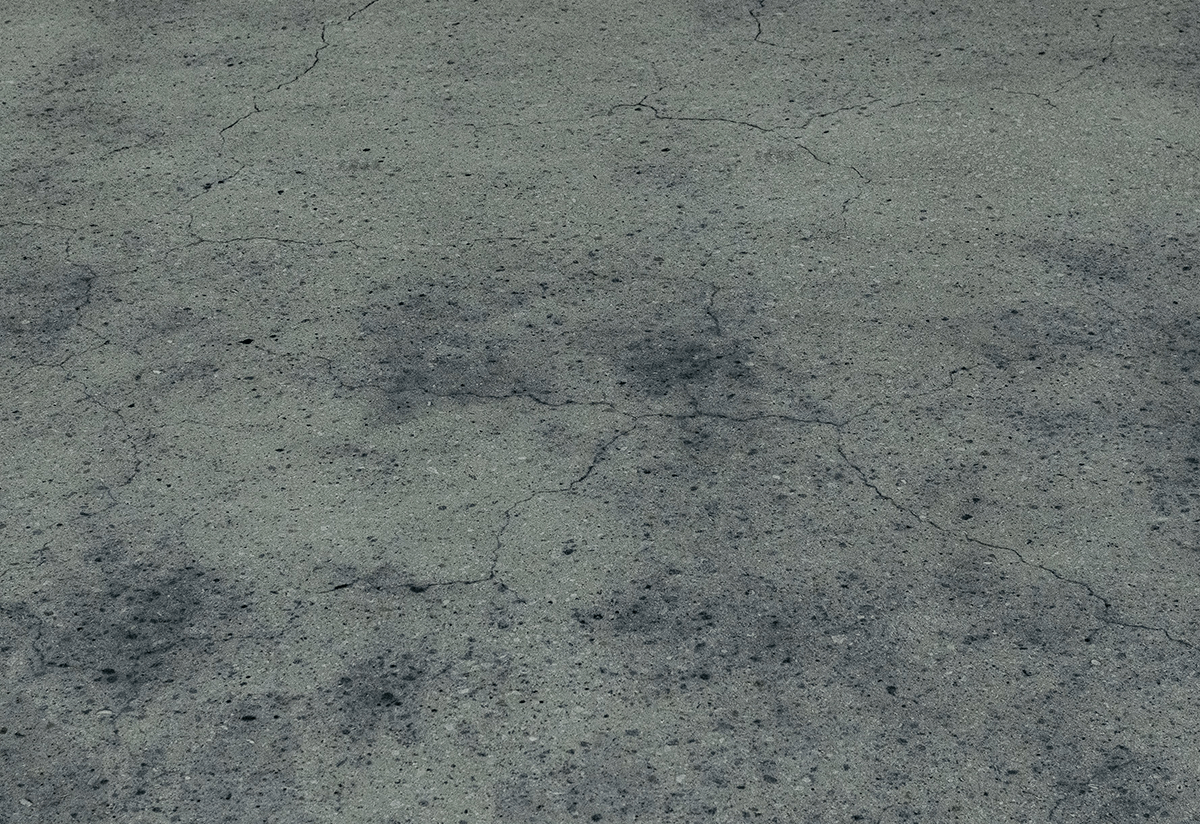Measuring the Strength of an Epoxy Floor

How to define an epoxy floor's strength.
When choosing between different types of flooring, it is important to learn how they are measured. High strength epoxy has many measurements that will help you make the best decision for your floors. There's a few key terms and concepts essential to understanding how to compare the strengths of your floors, so we're going to help teach you some in this article!
The epoxy flooring industry has been growing in recent years, and we're here to help you decide if it's right for your home. An understanding begins by learning the different terms, so there aren't any surprises later down the line when you finally make your decision!
Epoxy 101: Understanding Strength-Testing Terminology

The different strength measures of epoxy can be a bit confusing, but they all measure to some degree how much pressure something will withstand before breaking. They all will measure a different variation of how pressure can be applied to a material. Oftentimes, a material will be very strong in some specific areas, and weaker in others.
Compressive Strength
The amount of pressure that an object can withstand is called compressive strength. Even low quality epoxy resins have a maximum capacity to resist under 10,000 pounds (4.54 t) per square inch (PSI) before showing signs of failure and breaking down.
Tensile Strength
The amount of pulling stress a floor can withstand before failure is its tensile strength. This measurement, which measures in PSI (pounds per square inch), is part of what sets epoxy apart as a solution for garages and carports. A properly installed floor shouldn't have to deal with tensile strength issues.
Flexural Strength
Flexural strength, like tensile strength, isn't tested frequently on an epoxy floor when you install it correctly. However, heavy machinery can cause serious damage to a structure, which is what helps make epoxy a great solution in industrial settings.
Peel Strength
The peel strength of an epoxy flooring is measured in pounds per inch. The higher this number, the more pressure it takes to remove your flooring from its foundation. For example, the peel strength of an epoxy floor on a non-porous concrete foundation is significantly lower than if it were an acid-etched, porous concrete surface. That is because the epoxy has been allowed to bond into the surface itself, rather than just sitting on top of it.
What Do You Need to Know?
You don't want to just grab any old epoxy without considering what you need it for. It's important that the material suits your needs, so take some time before making this decision! A few different types of high-quality resins exist, and they all will deliver for your basic needs on fundamental aspects like strength or flexibility. There are some resins that are more specifically designed for residential or industrial usage, though.
How to Get the Most Out of Your Epoxy Floors
Are you looking in the market for a flooring solution in your renovation projects? Epoxy is an overall great solution for any space, but there are easy ways to maximize its efficiency during installation that shouldn't be ignored.
The first step in installing epoxy floors is ensuring that the subflooring has no cracks or holes. The texture of your concrete will depend on what kind you choose, and it's essential to ensure that your concrete foundation is a great middle ground between being too rough, and too smooth. The epoxy should be able to seep into the foundation as it dries and cures. There are great acid-etching solutions on the market specifically suited to preparing a concrete surface for epoxy.
Choosing an appropriate epoxy for your needs is important because there are different types with varying strengths and flexibility. It's also very helpful to follow installation instructions carefully, as well as enlisting the help of professionals if needed; consider local climate conditions like humidity or temperature changes during install time frame, too!
Rise to the Top of a Booming Industry!

Epoxy Classes is a 5-day program we built specifically for up-and-coming contractors so that they can perfect their craft. Our team of professional installers will work by your side as you learn the entire process, from start to finish. We'll guide you through business management, practical installation advice and more! Sign up and build your future today.
Conclusion
Flooring is a big investment, but before you make the purchase it's important to know what qualities and requirements are required of your floors. Whether they will be used for aesthetic beauty or practical strength, epoxy is an excellent material choice in both instances due its durability. Now that we're aware of some terminology surrounding measurements, comparing options becomes much easier!
Call us at (954) 287-3797 to speak to our trained specialists today! We also distribute high quality resources at competitive rates on our EpoxyETC online store.




Comments